Maersk joins nuclear-powered container ship study
Maersk joins nuclear-powered container ship study, aiming to reduce carbon emissions in the shipping industry.
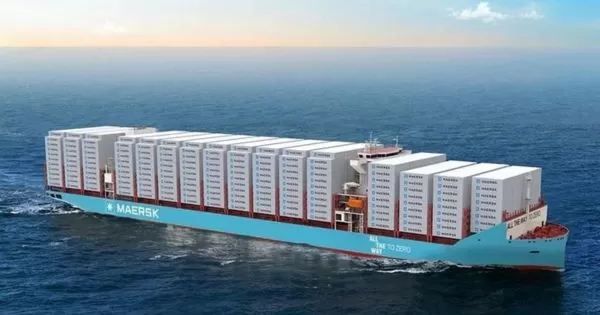
Maersk container ship (Photo: Ship Technology)
Danish shipping line A.P. Moller-Maersk is taking part in a joint assessment to study the regulatory feasibility of a nuclear-powered container ship.
Lloyd's Register and Core Power, a specialist in marine nuclear power, have announced that they have signed a joint development project agreement to investigate the requirements for updated safety rules along with improved operational and regulatory understanding needed for the adoption of nuclear power in container shipping.
This is the latest step towards green fuels by Maersk, the world's second-largest container shipping line. In 2011-2012, the company partnered with the US Navy to test algae-based biofuel. In 2018, the company announced its intention to be carbon neutral by 2050 – a deadline that was later moved up to 2040. In September 2023, Maersk launched Laura Maersk, a methanol-powered feeder vessel. Laura Maersk has a capacity of 2,100 twenty-foot equivalent units. The company currently has 24 methanol-capable vessels on order.
According to data compiled by Statista, shipping will account for the second-highest carbon dioxide emissions in the global commercial shipping sector by 2022.
The partners said in a statement that the study “will provide insight for members of the maritime value chain who are exploring the business case for nuclear power to help shape their fleet strategy towards achieving net zero greenhouse gas emissions.”
Nuclear power could play an important role as part of “a multi-fuel pathway to decarbonizing the maritime industry” and could help meet emissions reduction targets set by the International Maritime Organization.
Lloyd’s participation will support the development of standards for insuring commercial nuclear-powered vessels operating in ports, waterways and near-shore environments.
“Nuclear power holds a number of challenges related to safety, waste management, and regulatory acceptance across regions, and so far, the downsides have clearly outweighed the benefits of the technology,” Ole Graa Jakobsen, head of fleet technology at Maersk, said in the release. “If these challenges can be addressed by development of the new, so-called fourth-generation reactor designs, nuclear power could potentially mature into another possible decarbonization pathway for the logistics industry 10 to 15 years in the future. Therefore, we continue to monitor and assess this technology, along with all other low emission solutions.”
Nuclear-powered civilian vessels have operated on the global seas in the past. The first was the Soviet icebreaker Lenin, launched in 1957. The US-built SS Savannah, in service from 1962-1972, was the first of four nuclear-powered cargo ships in service.
Source: Phaata.com (via Freight Waves)
Phaata.com - Vietnam's First International Logistics Marketplace
► Find Better Freight Rates & Logistics Services!












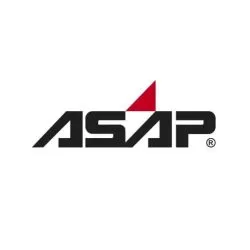


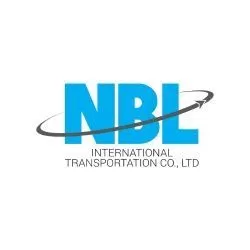










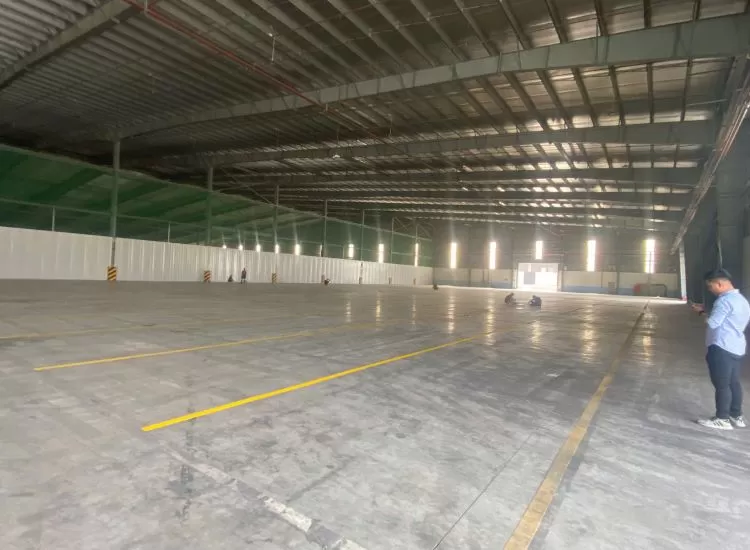

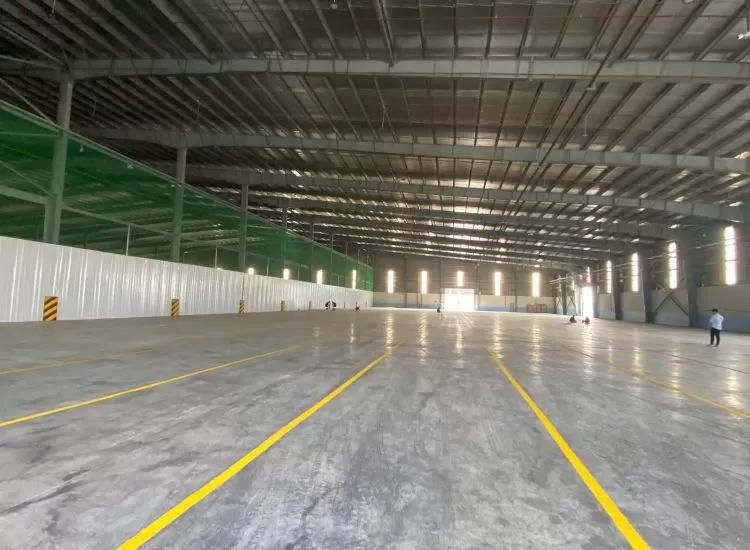
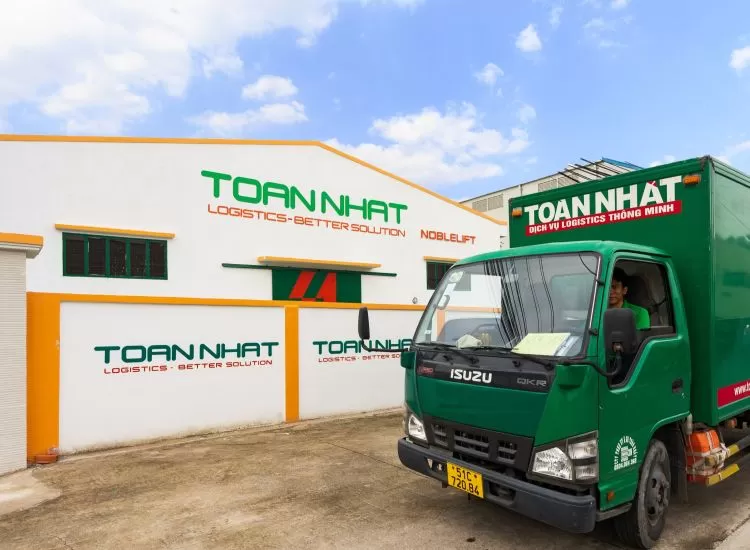
.webp)
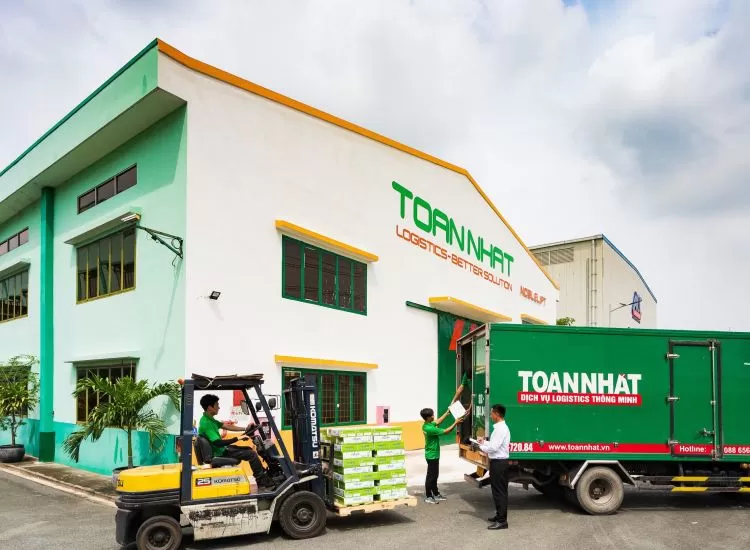
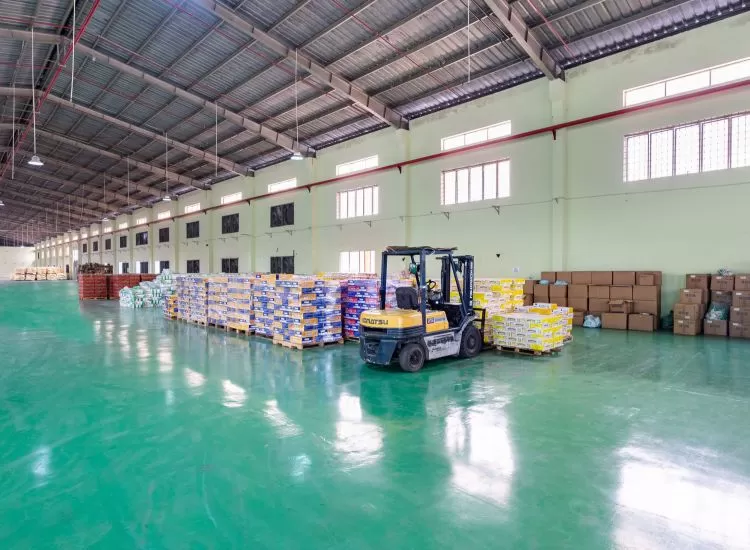
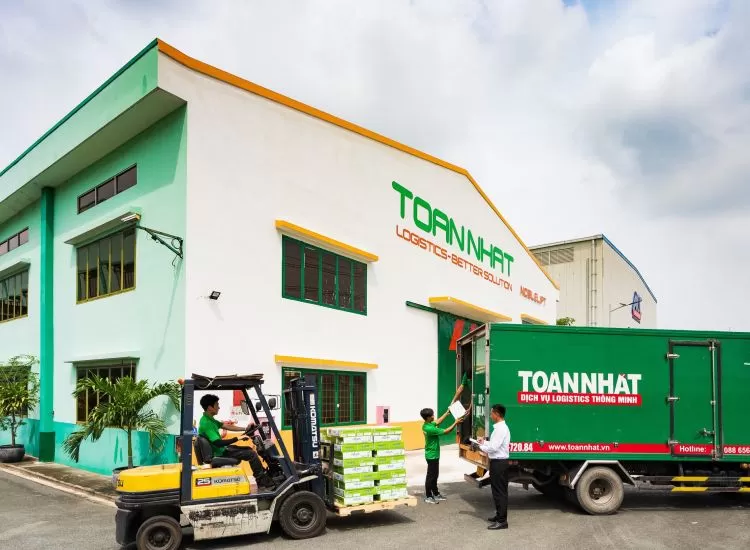
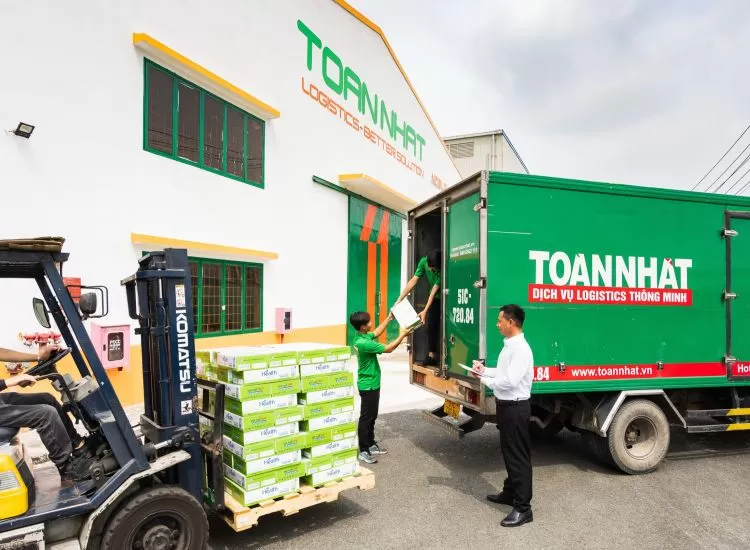




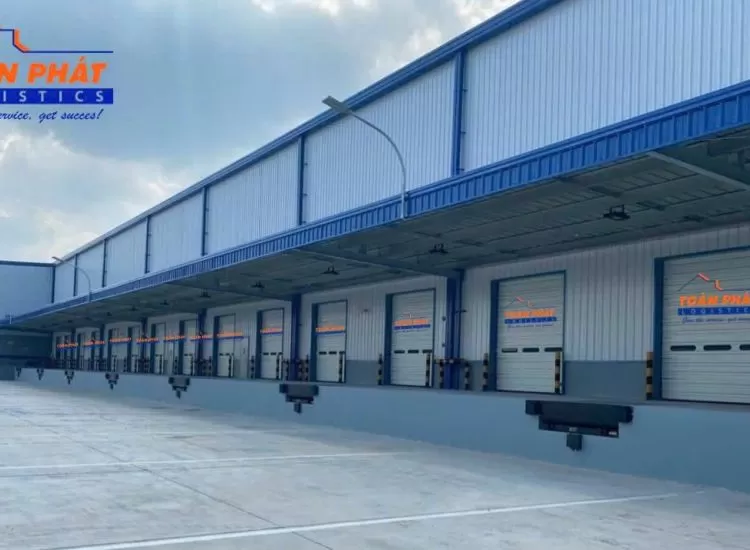

.webp)